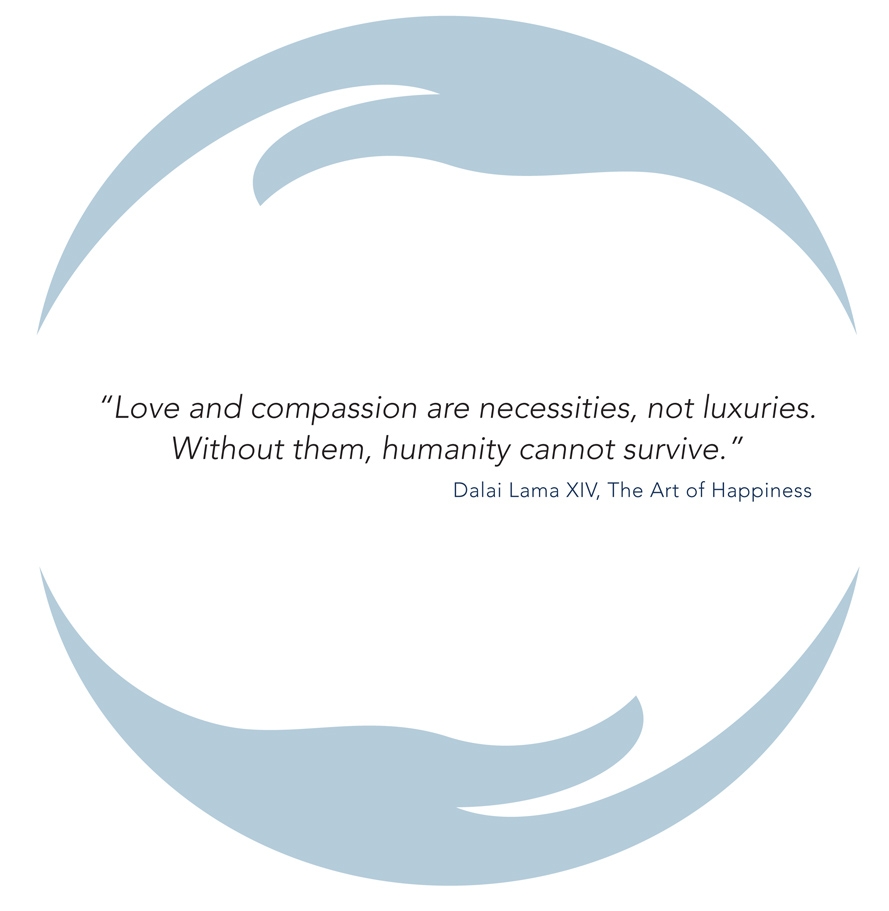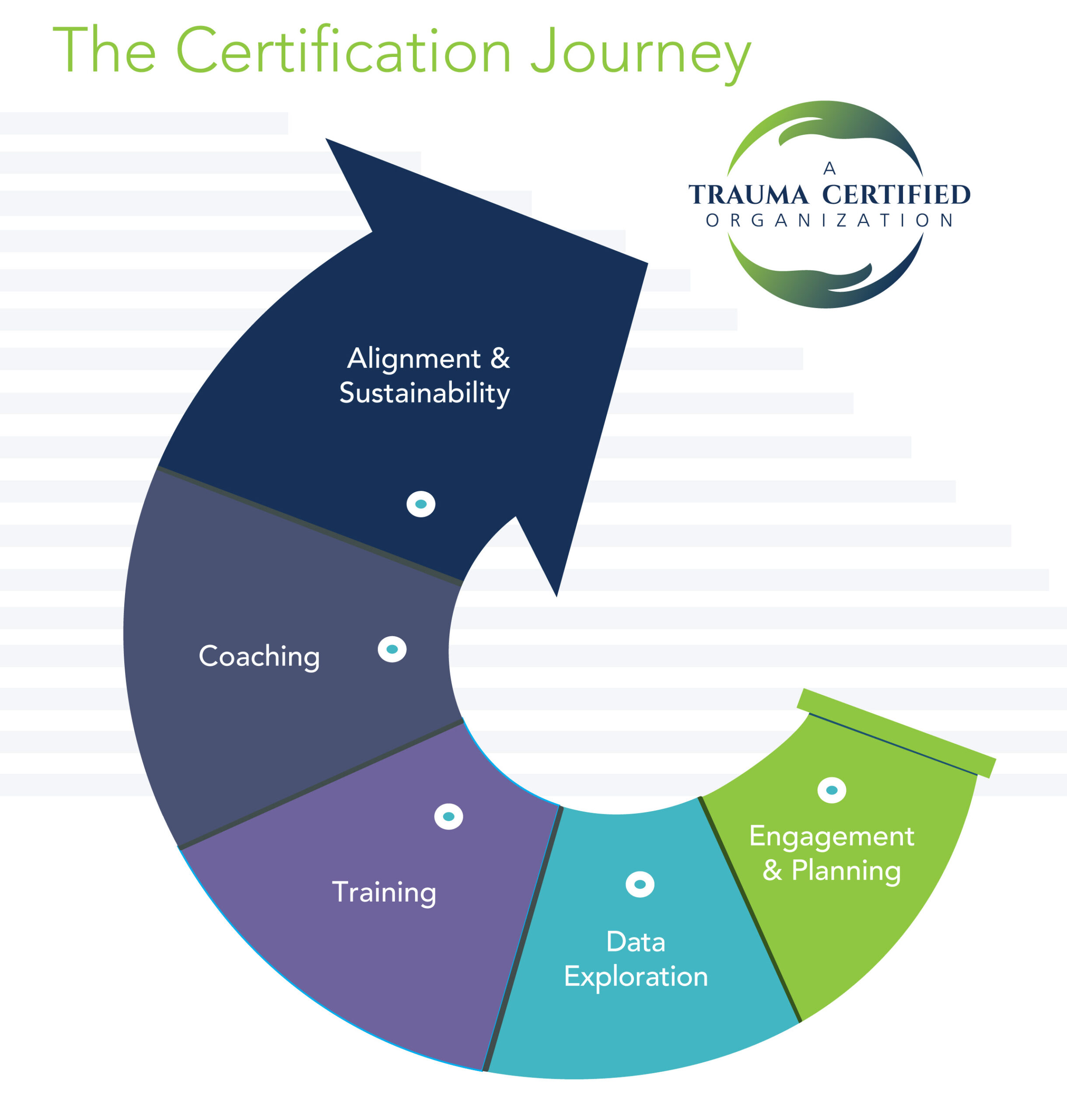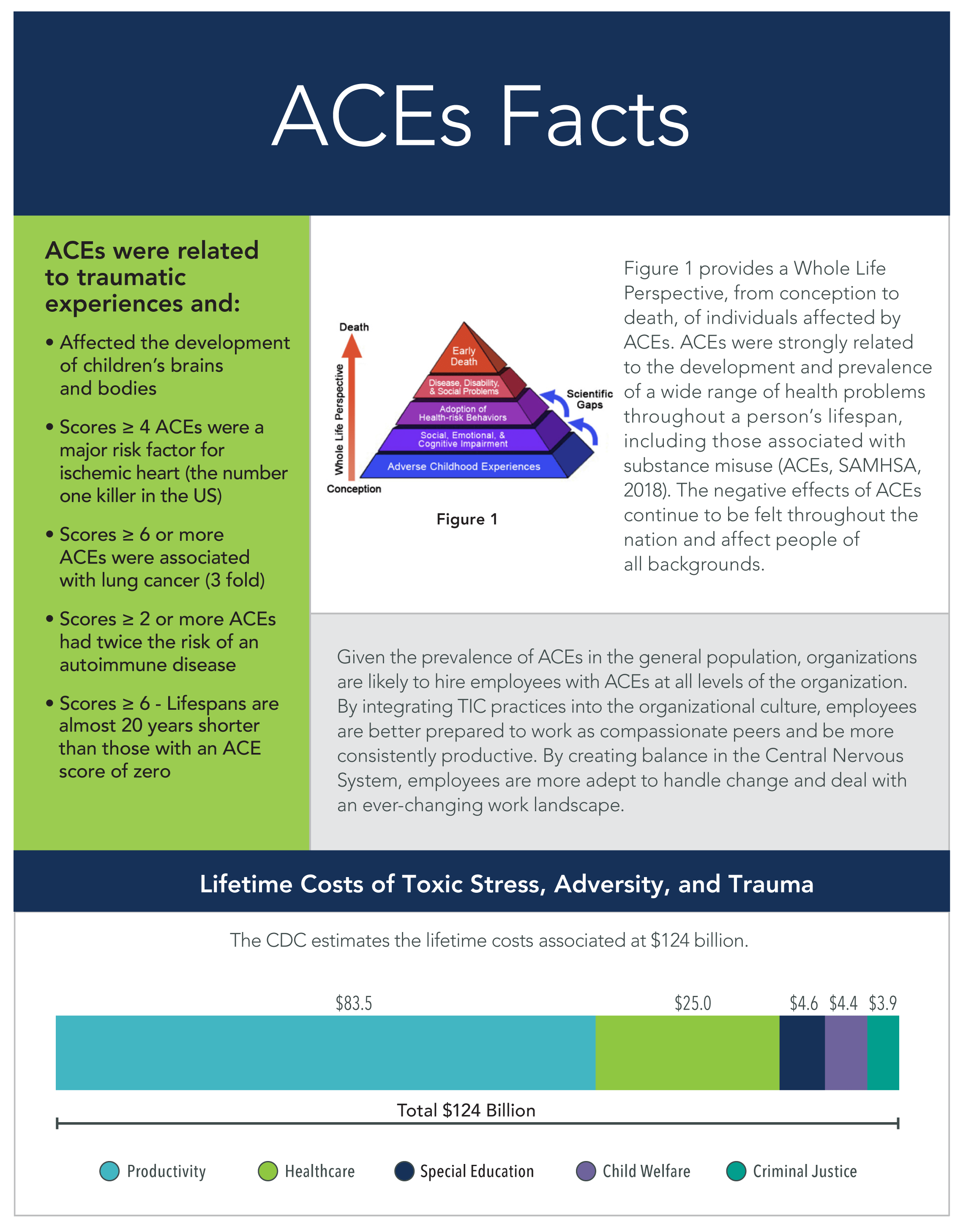Organizational Certification
Is Your Organization Trauma Informed?


Healthier Humans and Organizations
The mission of Trauma Institute International (TII) is to help organizations create trauma-informed cultures that increase compassion, resilience, health, and healing – locally and globally. To become a Certified Trauma-Informed Organization Trauma Institute International uses a robust and relational approach to help leaders integrate trauma-informed principles into the DNA of their organization and its people.
Trauma Informed organizations report having, greater employee retention, reduced absenteeism, fewer HR related problems, and increased engagement. The TII model has shown to relationally transform organizations and the humans living in them. The landmark Adverse Childhood Experiences (ACEs) study was the first significant research that discovered the connection between social experience and health. The ACEs study has provided overwhelming evidence about the profound impact of childhood trauma on health outcomes into adulthood. Organizations now recognize that a large number of their employees and clients have suffered the effects of toxic stress, trauma, and adversity. Sadly, mere knowledge of an issue does nothing to rectify it.
Research has shown that awareness and trainings on how to respond is not enough –more is required. Knowledge of the effects of ACEs and the application of Trauma Informed Care (TIC) principles is proving successful in restoring health to individuals who have histories of adversity and ACEs. Application of information leads to transformation, and that’s where Trauma Institute International can help.
The Research
From 1995 to 1997, the Center for Disease Control and Prevention (CDC) in partnership with Kaiser Permanente conducted a landmark study of Adverse Childhood Experiences (ACEs) (https://www.cdc.gov/violenceprevention/ acestudy/). The Adverse Childhood Experiences (ACEs) study is one of the largest studies ever conducted to examine the relationships of childhood abuse, neglect, and family dysfunction to subsequent health and well-being in later life. The research included more than 17,000 participants and found that ACEs were stressful or traumatic experiences, including:
- Mentally ill, depressed or suicidal person at home
- Drug addicted or alcoholic family member
- Parental discord – indicated by divorce, separation, abandonment
- Witnessing domestic violence against a mother
- Incarceration of a family member
- Child physical abuse
- Child sexual abuse
- Child emotional abuse
- Physical neglect
- Emotional neglect
Lifetime Costs of Toxic Stress, Adversity, and Trauma
The CDC estimates the lifetime costs associated at $124 billion.
Total $124 Billion
Productivity
Healthcare
Special Education
Child Welfare
Criminal Justice
A trauma-informed organization alleviates or reduces these costs.
Trauma Institute International’s core elements for training and consultation are:
Trauma Institute International believes that to be a great professional, knowledge is not enough. Our curriculum is designed to help professionals intervene more effectively by applying what you learn to hands-on practical business applications. The information given to all employees will enhance engagement, work relationships and practical problem-solving. Completing the trauma-informed care certification process will establish knowledge and skills to drive greater stability and return on investment.
Organizations see the best results when the leadership incorporates Trauma Sensitivity.
- Competence in listening and other communication skills
- Assessment
- Strategies and interventions that reduce distress
- Evaluation of the situation and the ability for an intervention to be effective
- Methods of problem solving
- Practices that increase intervention effectiveness
- Reduction of somatic pain
- Building on current skill sets using available resources and collaboration
- Encourage management that demonstrates integrity to the trauma-informed principles
- Introduction of self-care and awareness of resiliency support
- Regularly updated through feedback and monitoring of outcomes
Becoming a Trauma Informed Organization
Engagment and Planning
- Leadership must “be the change they wish to see.” Commitment from leadership to living out the trauma-informed principles ensures greater followership of their people. To fully integrate trauma-informed principles into the DNA of their organization, leaders are charged with identifying select champions to drive the collaborative trauma-informed efforts.
- Using information gleaned from an organization’s Self-Study, Trauma Institute International (TII) works with an Fulfillment Team to help integrate trauma informed principles into organizational policies, procedures, and practices. The Implementation Team will determine appropriate deliverables for measuring success and will develop measurable and timely goals for integrating trauma informed principles into these areas. The end goal of this team is to align operations to the organization’s mission, values, and trauma informed principles.
Data Exploration
To provide a customized framework for developing any organization toward becoming trauma-informed, TII assesses the organization to identify where and what kind of change will be needed. The customized Self-Study is the keystone of TII’s change model.
Training
Living into the message of trauma-informed principles is a lifestyle shift. From Board room to Copy Room, all members get to learn and live the principles.
Coaching
Coaching is a self-reflective process for adopting and living into the trauma informed care principels. The same self-reflective proess follows each training.
Alignment & Sustainability
Evaluation and growth requires criteria to be clear, well developed, and consistent across the organization. TII helps align recruiting, hiring, on-boarding, training, supervision, performance reviews, and succession planning processes to the trauma informed principles.
Humans are prone to get off course periodically, that’s why we need support and accountability. Without a tune up on occasion, it is difficult to sustain the change your organization just created; therefore, TII will provide coaching as needed for your organization. Tune-ups are a whole lot cheaper than an entire re-organization process. We have found that most leaders enjoy the ability to “check in for a tune up” throughout the entire certification process
Certification
Upon completion – certification is awarded

Becoming a Trauma Informed Organization
Engagment and Planning
- Leadership must “be the change they wish to see.” Commitment from leadership to living out the trauma-informed principles ensures greater followership of their people. To fully integrate trauma-informed principles into the DNA of their organization, leaders are charged with identifying select champions to drive the collaborative trauma-informed efforts.
- Using information gleaned from an organization’s Self-Study, Trauma Institute International (TII) works with an Fulfillment Team to help integrate trauma informed principles into organizational policies, procedures, and practices. The Implementation Team will determine appropriate deliverables for measuring success and will develop measurable and timely goals for integrating trauma informed principles into these areas. The end goal of this team is to align operations to the organization’s mission, values, and trauma informed principles.
Data Exploration
To provide a customized framework for developing any organization toward becoming trauma-informed, TII assesses the organization to identify where and what kind of change will be needed. The customized Self-Study is the keystone of TII’s change model.
Training
Living into the message of trauma-informed principles is a lifestyle shift. From Board room to Copy Room, all members get to learn and live the principles.
Coaching
Coaching is a self-reflective process for adopting and living into the trauma informed care principels. The same self-reflective proess follows each training.
Alignment & Sustainability
Evaluation and growth requires criteria to be clear, well developed, and consistent across the organization. TII helps align recruiting, hiring, on-boarding, training, supervision, performance reviews, and succession planning processes to the trauma informed principles.
Humans are prone to get off course periodically, that’s why we need support and accountability. Without a tune up on occasion, it is difficult to sustain the change your organization just created; therefore, TII will provide coaching as needed for your organization. Tune-ups are a whole lot cheaper than an entire re-organization process. We have found that most leaders enjoy the ability to “check in for a tune up” throughout the entire certification process
Certification
Upon completion – certification is awarded
Trauma Institute International trains clients in the following areas:
- Professional development for all employees designed to reduce the impact of toxic stress
- Clinical and non-clinical development of service providers
- Promoting organizational structure and management that are trauma sensitive
- Structuring services to reflect engagement and professional relationship maturity in services
- A continual focus on empowerment and resilience for all staff and employees
- Promoting broader knowledge of the physiological and neurobiological aspects of trauma, toxic stress, and adversity
- Strengths assessment and resiliency support
- A sensitivity to toxic stress, adversity, and trauma impact on human relations
- Using trauma-informed practices in communication, problem-solving, planning, and practice
- Trauma informed and sensitive supervision and management
- Trauma Sensitive assessment strategies
- Building resiliency and post trauma growth
Our Mission
It is our mission to promote alignment with the core organizational values and increase compassion, resilience, health, and healing for employees and clients.
Our Vision
It is our vision to help organizations become trauma-informed to increase engagement and retention while enhancing business outcomes.
Our Values
- Safety (everything is designed to engender balance in the Central Nervous System)
- Mutual peer support and mutual self-help
- Trustworthiness/ Transparency
- All interaction is relational and empowering
- Collaboration with and attunement to others
- Applied compassion by embracing diversity in cultural/historical practice and gender identity model
- Every interaction is designed to create integration in the brain and nervous system to build resiliency
- What we ask of others we do by living the principles in our own lives
- Respect everyone and help them discover their voice and increased ability to choose
Our Role
TII’s role is to support Leadership in the assimilation and integration of Trauma-Informed principles and practices.
Change Agents
With more than 50 years of collective experience in behavioral, organizational, and educational leadership experience, we help individuals and organizations create significant, sustainable, and strengths-based change using the TII Model and Trauma Informed Care principles.
Trauma Institute International
49 South Sycamore Street, Suite 2
Mesa, Arizona 85202


